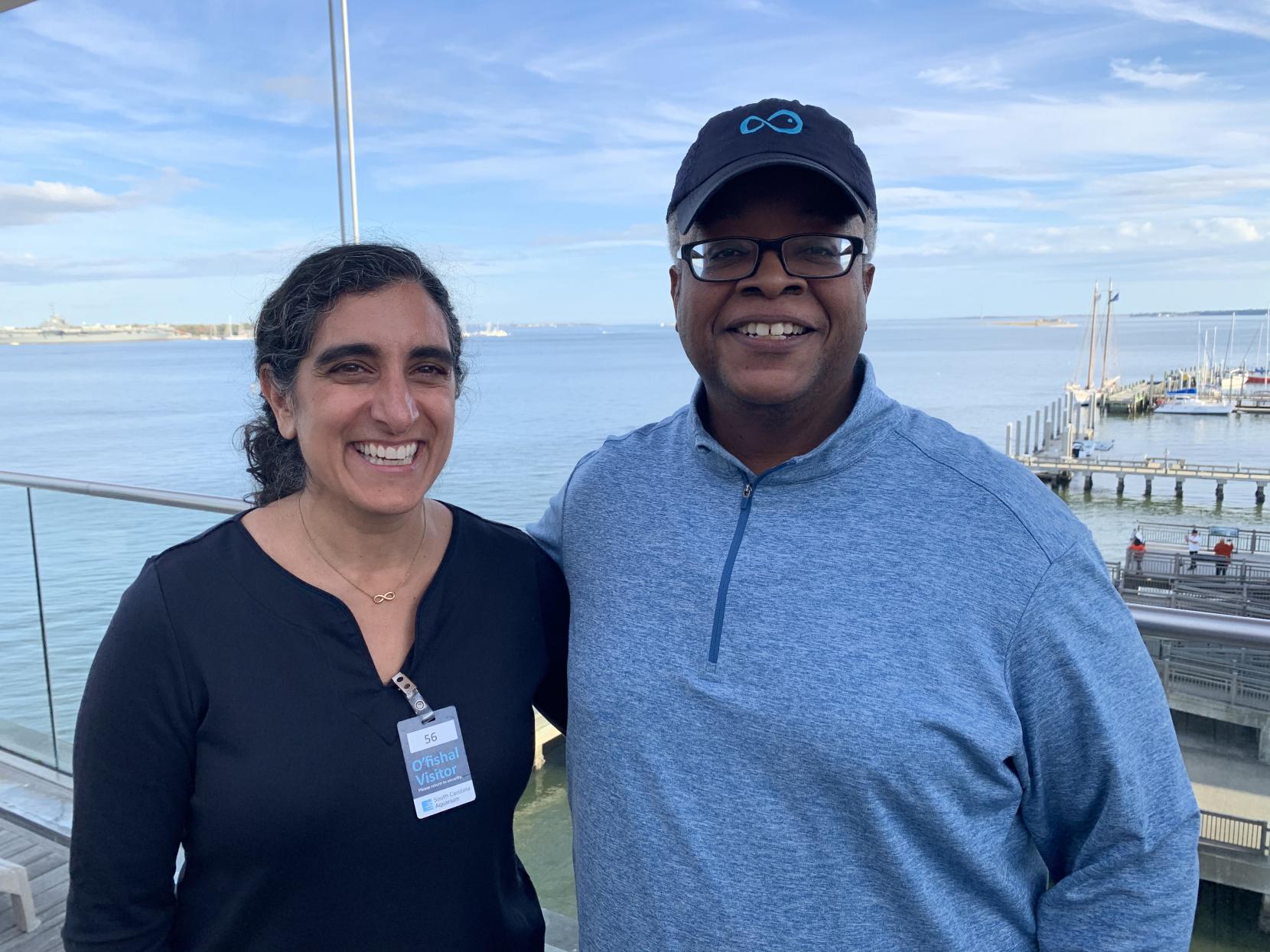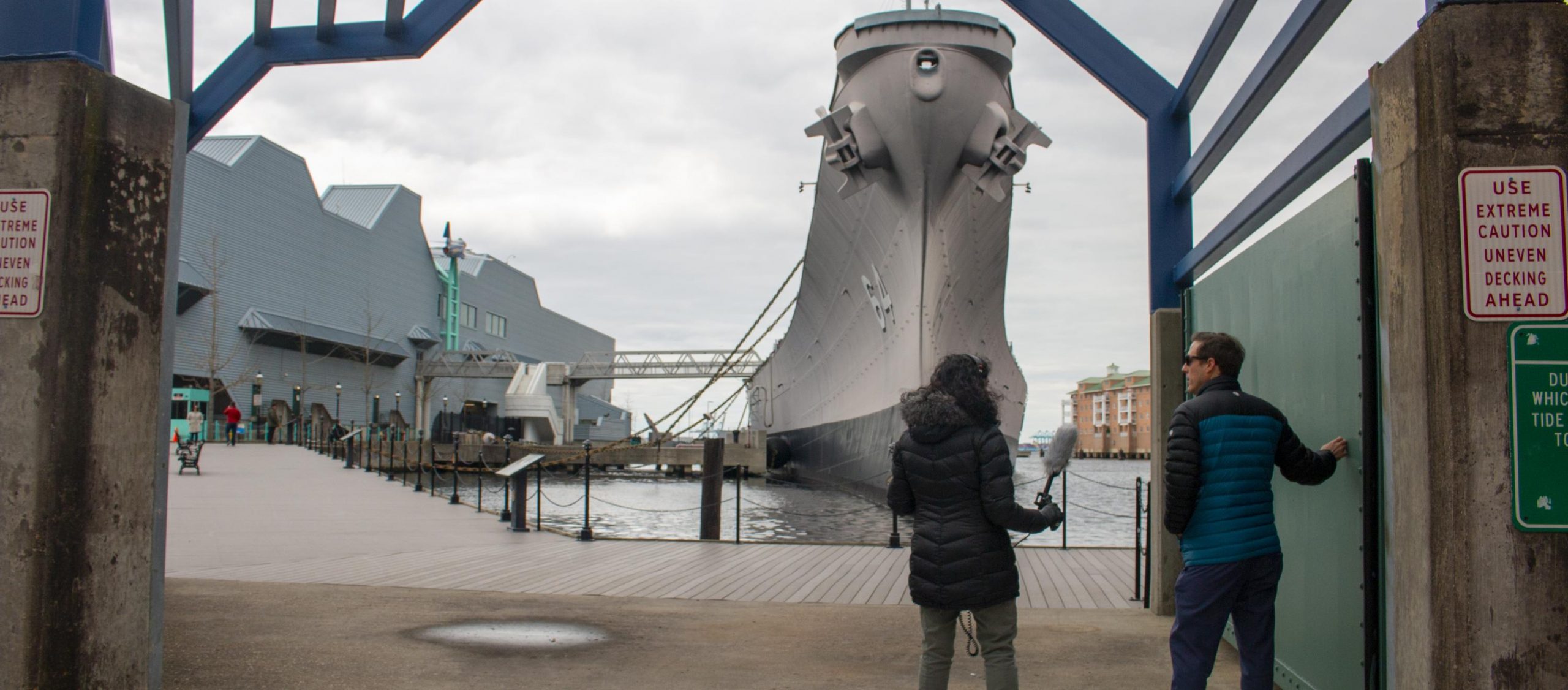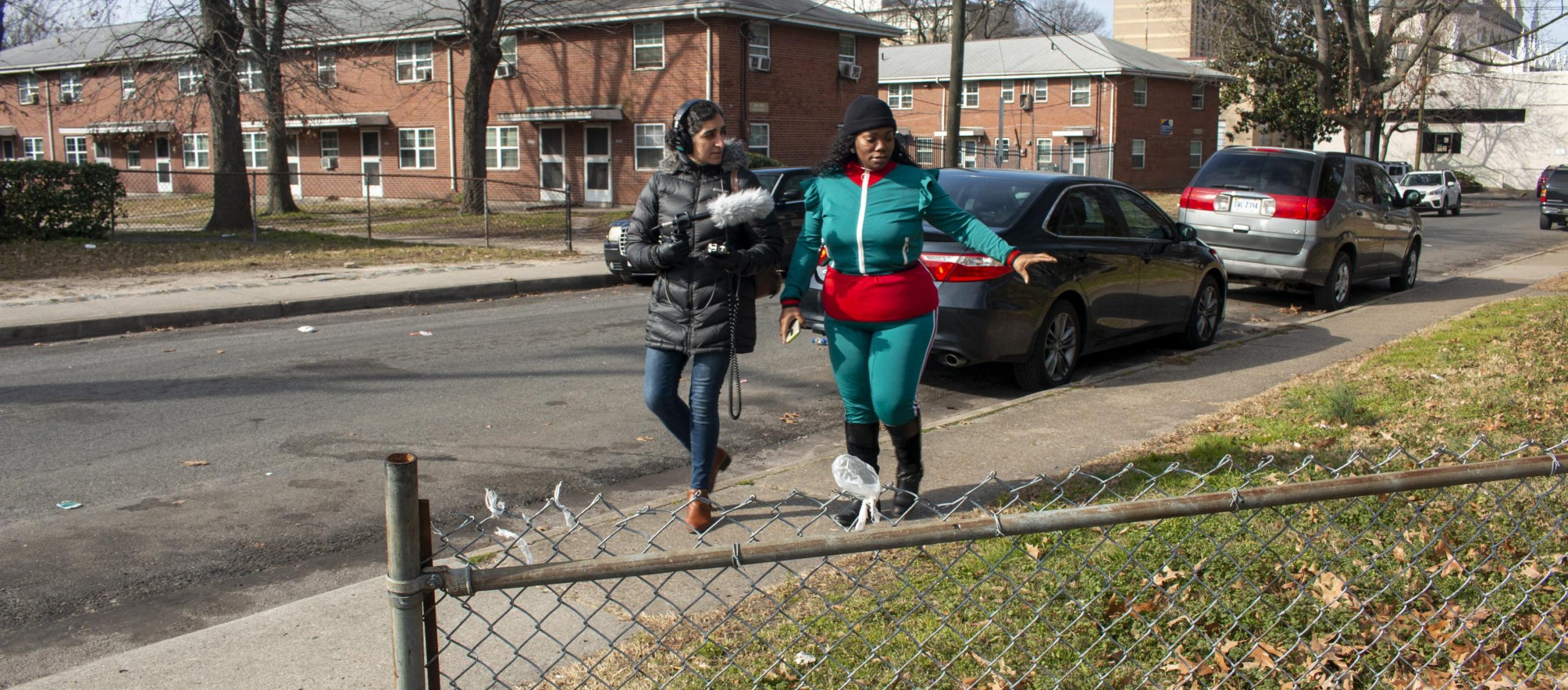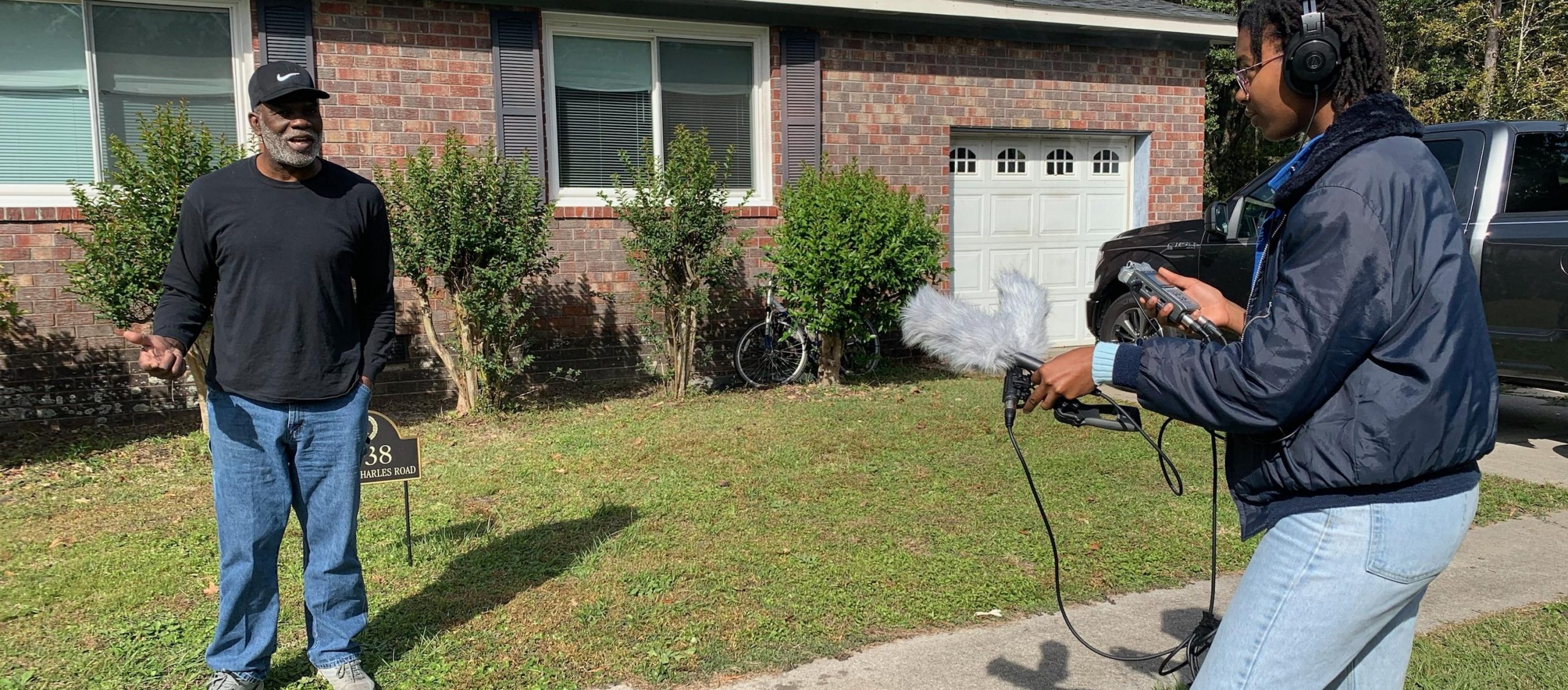Latest podcast season navigates sea level rise in the South
On the latest season of Broken Ground, which launched this week, podcast host Claudine Ebeid McElwain takes listeners to two Southern coastal cities among the most threatened by rising tides: Norfolk, Virginia, and Charleston, South Carolina.
Through the compelling stories of real people in real places, the senior communications manager and former journalist shines a light on how folks are navigating the problem and prepare for the inevitable.
We caught up with Claudine to ask a few questions ahead of the latest season’s launch. Read on to learn what’s at stake, who’s affected, and the biggest surprises she found.
Q: This season of Broken Ground is different from the first because it focuses solely on one major environmental issue: sea level rise. Why is sea level rise so important to the Southeast that you wanted to focus an entire season of a podcast on it?
A: Our climate crisis is no longer a threat, but a reality. Sea level rise is a direct result of climate change that is happening now and changing the way people are living in coastal cities all along the Southeastern seaboard, and beyond. I think it’s important that we tell their stories so we can start moving on solutions immediately.

In Charleston, Claudine Ebeid McElwain poses with George Albert, the South Carolina Aquarium’s head of conservation, whose work is featured in the podcast. (© Paige Polk)
What is sea level rise and who does it affect?
Sea level rise is a direct result of global warming, which is increasing the level of our oceans across the globe. In the South, like other parts of the world, the consequences of sea level rise are more intense storm surges and flooding, including on days when there’s no rain. So not only are our coastal cities dealing with a slow deterioration of their coastlines but they are also constantly under threat of a massive storm that could cause severe and permanent damage to the places they live.
Part of your goal this season was to find out how people and cities are working to protect themselves from the immediate threat of rising tides. How well do you think the Southeast is prepared?
The two cities we visited, Norfolk, Virginia, and Charleston, South Carolina, are moving rapidly to deal with flooding and storms but there is still work to do. I’m not sure this is something for which any city in America is prepared but there is now an active understanding that it’s something we have to take seriously. Both cities have Coastal Resiliency Offices and are working through how to deal with funding and slow moving bureaucracy when they are in a race against the clock.

What do we need to know about the voices we’ll hear?
You’ll hear from folks in Norfolk and Charleston. Both of these cities experience regular nuisance flooding and also have to brace for severe storms and rains that add to their flooding problems. The people we meet in this series come from varying income levels and different circumstances, but they all are actively trying to figure out how they are going to manage the rising waters around them and what comes next.
For example, Karen Speights in Norfolk is one of the folks trying to figure out what her next steps will be. She is retired and caring for her elderly mother in a home that she grew up in and then helped cared for for decades. She doesn’t want to leave but repeated flooding has forced her to rethink what she had planned for herself in her retirement years.
We also hear from scientists and policy makers who are all deeply invested in finding ways to adapt their cities. In Charleston, Al George, the head of conservation at the South Carolina Aquarium, is working on adaptation plans that don’t only involve marine animals and aquatic areas, but people too. He says one important question is: How do we interact with the land to adapt and, importantly, how do we do so in a way that makes people whole and doesn’t further harm communities that have already been marginalized by our society.

Did you learn anything from your research and interviews this season that surprised you?
I was really excited to learn more about how we can use our marshes and wetlands to deal with our flooding problems. It was eye-opening to see how both Norfolk and Charleston, like most coastal communities, are built on streams that were filled in and how the water is quickly reclaiming its place. It was also interesting to learn how much everyday folks in these cities know about the role their wetlands and natural shorelines already play, and can continue to play, in protecting them.
For new listeners craving more Broken Ground content, what other episodes from the first season and conversation series do you recommend?
One of my favorite episodes is the Real Housewives of Coal Ash from our first season. I think it highlights the lurking environmental damage that is happening across our country and the power we all have to stop it once we decide to take action. In our conversation series, I would point people to listen to author and conservationist Drew Lanham. His ability to explain the connection we all have to our planet and to each other is poetic and inspirational.

